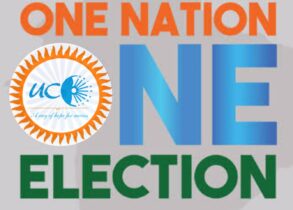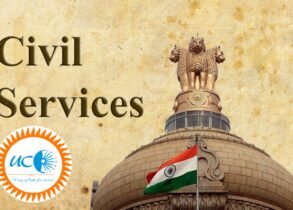What do you understand about Probity in Governance? Examine whether the recent amendments to Prevention of Corruption Act and the proposed ones in Whistleblower Protection Act undermine it.
Probity is usually regarded as being incorruptible- being upright and honest. But probity goes further than the avoidance of being dishonest because it is determined by intangibles like personal and societal values. The dictionary meaning of probity refers to values such as integrity, trust, character, justice, honesty, rectitude and uprightness.
Probity in governance is an essential and vital requirement for an efficient and effective system of governance and for socio-economic development. Apart from absence of corruption, other requirements for probity are effective laws, rules and regulations governing every aspect of public life and, more important, an effective and fair implementation of those laws, etc. Public recognition and award for honesty and probity is imperative to build probity in public life and service.
Amendments to prevention of corruption act and its effect on probity
- Prior approval for investigation: It makes prior approval of relevant Government or competent authority mandatory to conduct an investigation. Safeguards have been added such as approval will be not necessary in cases that involve arrest of person on spot on charge of taking a bribe.
- Criminal misconduct is redefined: now bona fide acts done by public servants are not liable and in only manifestly corrupt dishonest acts where he enriches himself, action can be taken.
- Giving a bribe made direct offence with a safeguard that in cases of coercive bribery a person will not be charged with this offence if he/she reports matter to law enforcement authorities within seven days. In the past, the bribe giver had enjoyed immunity and that helped perpetuate
corruption. It addresses the supply side of corruption.
- Time-bound Trial: It sets trial time period of two years, handled by special judge. This will further enhance probity in governance.
Proposed amendments to Whistleblower protection act (WPA)
- Removes immunity provided to whistle-blowers from prosecution under the Official Secrets Act (OSA) for disclosures made under the WPA. Critics argue that stringent penalties would deter even genuine whistle-blowers to come forward.
- It brings the WPA in line with the RTI Act- It proposes that the complaints containing information which would prejudicially affect the sovereignty, integrity etc. shall not be inquired into. In addition, certain categories of information cannot form part of the disclosure made by a whistle-blower, unless the information has been obtained under the RTI Act. Concerns have been raised that such blanket exemptions could preclude genuine whistle-blowing in several scenarios.
Probity is a societal expectation which citizens demand from decision makers and all those that function as a part of the state’s apparatus. The amendments to the archaic corruption act strengthen probity by protecting honest civil servants (earlier this protection was only available to joint secretaries and above) and try to strike a balance between enforcement overzealousness and the need for stringent action against corrupt public servants. However, concerns raised about amendments to whistleblower act should not be brushed aside and adequate safeguards should be introduced so that amendments would not fundamentally dilute the original law.






